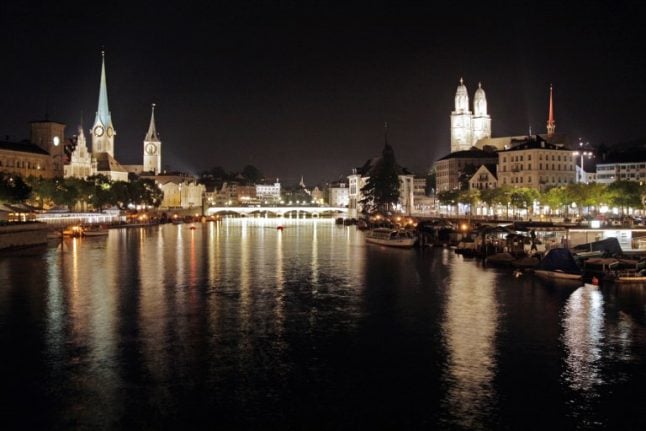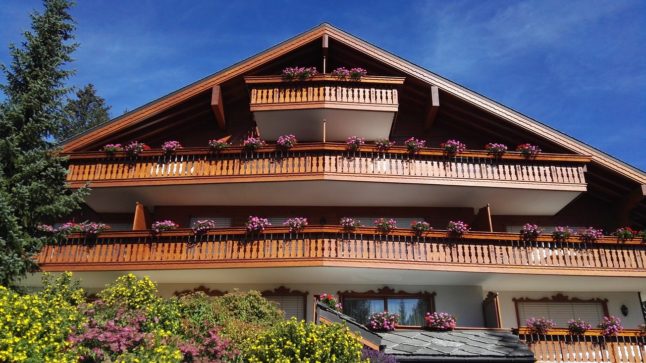The price comparison firm Comparis and ETH Zurich have released a report showing the difference in Swiss property prices compared to 2007. In Zurich, it now costs almost double (a 97% increase) to buy an apartment, with the price per square metre now setting property owners back an average of 13,000 Swiss francs.
The analysis shows that there has been a lot of variation between different parts of Switzerland, but the areas with the biggest spikes tended to be near to lakes. Nine of the ten largest increases were seen in lake regions.
After Zurich, the biggest changes were experienced by Horgen district (+89%), the canton of Nidwalden (+82%) and the city of Neuchatel (+80%). The only place where prices fell was the district of Goms in Canton Valais, southern Switzerland (-2%).
The report also shows the difference in overall prices between different parts of Switzerland. At the other end of the spectrum from Zurich is Le Locle in Canton Neuchatel, where one square metre costs an average of 3,250 francs.
Over the last 12 months, the rate of increase has slowed, with several districts and municipalities recording lower prices than one year ago. It is unclear whether this deceleration will represent a long-term trend.



 Please whitelist us to continue reading.
Please whitelist us to continue reading.